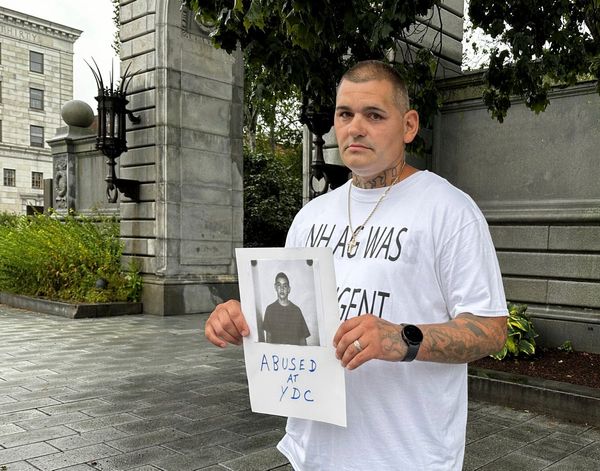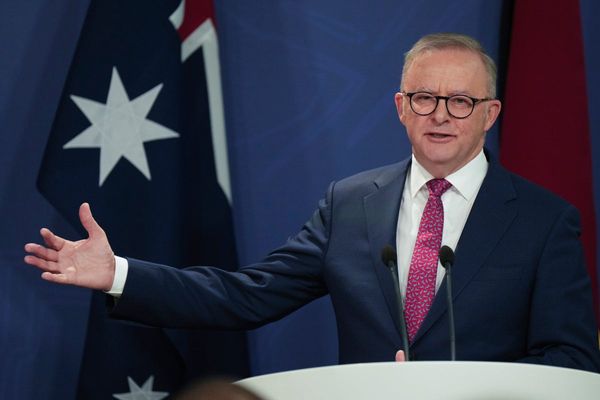Ofgem has confirmed that home energy bills will rise by £693 from April, with the Government stepping in to help homeowners with some of the burden.
A huge rise in wholesale prices has led to the regulator hiking the energy price cap by 54 per cent to a record £1,971 for a typical home.
For customers with prepayment meters the price cap will go up by £708 to £2,017.
The decision is likely to impact 22 million households across Great Britain, and applies to those who are on their energy supplier’s default tariff.
Matthew Fell, CBI Chief Policy Director, said that while it's right to focus on the most vulnerable - there needs to be help for squeezed businesses.
He said: “Short-term support must go hand-in-hand with a revamped retail energy market, setting a higher bar for market access and tougher stress testing for suppliers.
“Businesses too have been impacted by high-cost pressures, so steps to protect cashflow for smaller firms and heavy industry should follow today’s announcement.
“Government must also step up the level of investment and pace of delivery in home energy efficiency improvements and push forward with ambitious plans to progress the clean energy transition.”
The announcement comes on the same day that the Bank of England raised interest rates from 0.25 per cent to 0.5 per cent and warned that inflation could hit an eye-watering 7.25 per cent this spring.
The Bank said while the economy is expected to bounce back quickly from an Omicron impact in December and January, growth will slow to “subdued rates” as inflation impacts on spending.
In a bid to help, the Chancellor Rishi Sunak announced measures including a £200 discount on all energy bills from October – which will have to be repaid over the next five years – and a £150 council tax rebate for people in bands A to D, around 80 per cent of homes.
He also promised £144 million to councils to support vulnerable people.
He is banking on wholesale energy prices dropping so households can pay back the discount from 2023 without a major rise in bills.
Some energy company insiders worry that while good in principle, the policy is too reliant on falls in global gas prices.
Goldman Sachs has warned that prices in the gas market are likely to remain at twice their usual levels until 2025.
In the long term, there should be investment in low-cost renewables, said RenewableUK’s Chief Executive Dan McGrail.
He said: “The UK needs to phase out fossil fuels as fast as possible to provide long-term energy security and certainty for consumers.
“In the last three months of 2021, wind and solar power was so cheap that they actually paid back nearly £160 million to consumers, reducing energy bills. The escape route from volatile and uncontrollable gas prices couldn’t be clearer – investing in our green future secures low-cost reliable power as well as getting the UK to net zero as fast as possible”.
The price cap has meant that the impact of soaring gas prices has so far fallen predominantly on energy companies but suppliers have gone out of business as a result.
In announcing his support package, the Chancellor said it is not sustainable to keep holding the price of energy artificially low.
He said: “For me to stand here and pretend we don’t have to adjust to paying higher prices would be wrong and dishonest.
“But what we can do is take the sting out of a significant price shock for millions of families by making sure that the increase in prices is smaller initially and spread over a longer period.”
Ofgem chief executive Jonathan Brearley said: “We know this rise will be extremely worrying for many people, especially those who are struggling to make ends meet, and Ofgem will ensure energy companies support their customers in any way they can.
“The energy market has faced a huge challenge due to the unprecedented increase in global gas prices – a once in a 30-year event – and Ofgem’s role as energy regulator is to ensure that, under the price cap, energy companies can only charge a fair price based on the true cost of supplying electricity and gas.”
The price cap increase includes a £68 charge per household to cover the costs of protecting millions of customers whose energy suppliers collapsed in recent months.
The price cap had already been set at a record high in October before the worst of the gas price spike had been seen in the market.







